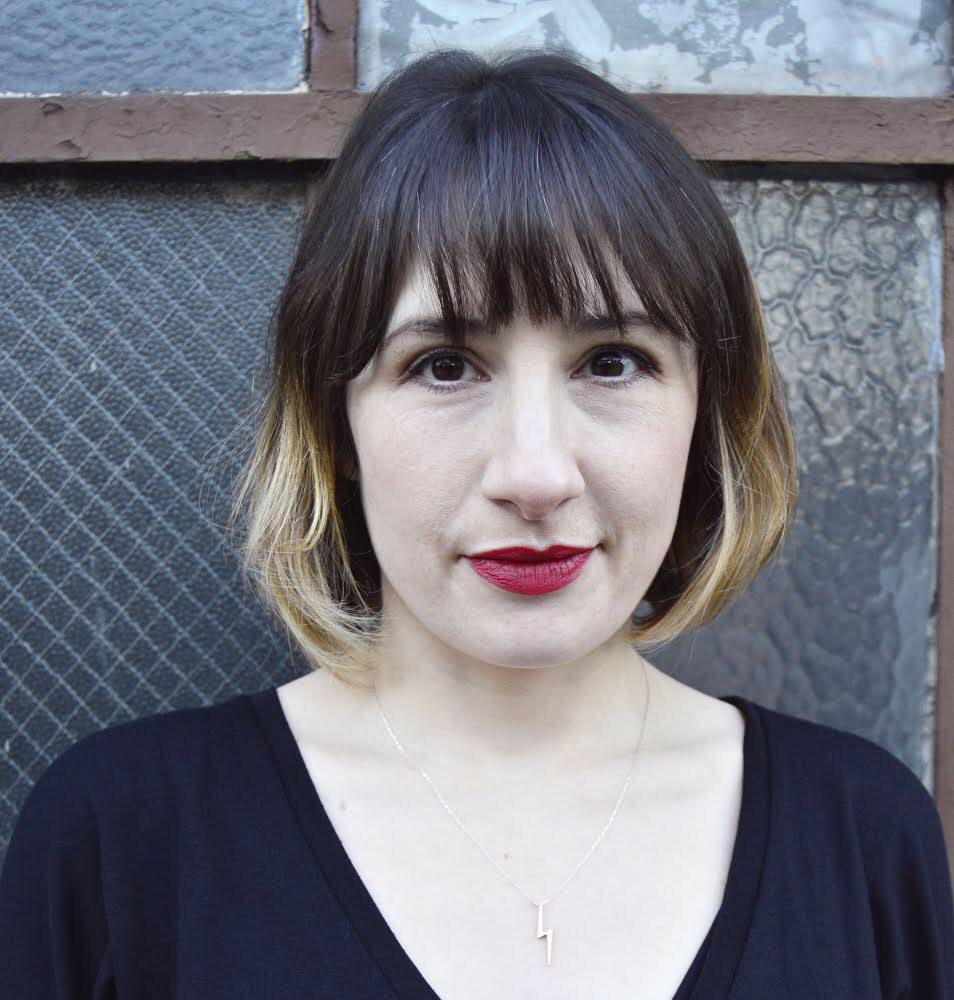
Pennies on the dollar. (Photo by gb3 photography/ flickr CC 2.0)
This Q&A is part of Sarah Jaffe’s series Interviews for Resistance, in which she speaks with organizers, troublemakers and thinkers who are doing the hard work of fighting back against America’s corporate and political powers. This interview has been edited for length and clarity.
Puerto Rico has been on a lot of minds recently. But Hurricane Maria only exacerbated the problems already plaguing the US territory. In addition to a seriously compromised infrastructure, the number of people without power is actually growing, Puerto Rico’s massive debt problems seem to have no immediate solution. Sarah Jaffe talked with Jonathan Westin, the director of New York Communities for Change, about some of the people profiting on Puerto Rico’s debt.
Sarah Jaffe: News has recently broken about the hedge fund that owns a great deal Puerto Rico’s debt. Right?
Jonathan Westin: [Seth] Klarman, the hedge fund manager, is generally seen as a progressive Wall Street guy, but has hidden the fact in very intentional ways, that he is one of the biggest bond holders of Puerto Rican debt. The debt was acquired by many of these hedge fund managers when they bought it for cents on the dollar. They are now trying to extract as much as possible out of the island asking them to pay that debt back at full value.
SJ: It is like the people who buy bad student loan debt. Or bad credit card debt.
JW: They are predators. There is a reason they are called vulture funds; it is because they prey on very downtrodden folks. They buy up debt from places where most people believe they won’t be able to recover [their money], but then they do everything in their power to extract blood from a stone.
SJ: How did the news that this was the firm that owned the debt come out?
JW: Kevin Connor and LittleSis.org have done lots of work in discovering the folks behind the scenes — hence, the name LittleSis — the opposite of Big Brother. They were digging into the owners of this Puerto Rican debt — it is part of Wall Street tradecraft to hide yourself in multiple shell corporations. They found obscure lawsuit documents that were filed in the debt crisis and discovered Klarman’s role. Then, David Dayen from The Intercept confirmed it.
SJ: Trump mentioned the idea of forgiving Puerto Rico’s debt the other day. Of course, his people immediately started to walk it back, but does that give you an opening to press — now knowing who holds the debt?
JW: I think Trump has validated that the debt is gone. It washed away with the hurricane. It is unpayable.
SJ: It is interesting that debt gets moralized in these ways. Like, “How dare Puerto Rico not pay its debts? How dare Greece not pay its debts,” etc. But, especially when you are buying debt as a speculator for pennies on the dollar, you are doing so with the assumption that there is a huge amount of risk baked into that — that you will not make your money back.
JW: Essentially, they are glorified debt collectors. I think there are a lot of people in this country that can sympathize with the huge amounts of debt that are piling up. There is a consolidation of wealth and capital in this country going to folks like these hedge fund managers, while everyday Americans are struggling and having to rely on debt to live. This is everyday America. “I am able to pay my rent and water bills by living on credit cards. I am able to send my kid to college by borrowing tons and tons of money.” So much of how we live now is debt created by Wall Street.
In this case, it is an entire island and country that they have impoverished. I think we are now seeing the tragic ramifications in a post-Hurricane Maria world. The only way they are going to get back on their feet is with heavy investments into the infrastructure of Puerto Rico.
SJ: You also work with Hedge Clippers, an investigative cooperative. How does discovering who owns Puerto Rico’s debt relate to that project?
JW: It confirms for us who the people are behind not only the crisis in Puerto Rico, but around the world. Puerto Rico is not the only instance of where hedge fund managers have gobbled up debt. They have done it in Argentina. They have done it in Greece.
One of the key strategies in New York to finding out who was buying up lots of Puerto Rican debt was to reveal how New York City pension funds were invested with the same hedge fund managers. We did a number of press conferences and rallies calling for divestment from the hedge funds and were able to get the City of New York to move pension funds completely out of these hedge funds. That sent a sharp message to hedge funds.
SJ: You have had some pretty pointed fights with a couple of other particular hedge fund managers around New York. Tell us about those.
JW: One of the most recent fights we have had is with a hedge fund manager from Third Point called Dan Loeb. He spends a lot of his time as an activist investor. He has also taken to Facebook and has made racist comments, most [about] recently the minority leader in the New York State Senate, [Andrea Stewart-Cousins], essentially saying that she was worse than the Ku Klux Klan. [Loeb has apologized for his comments.]
He is also the chair of the Success Academy Charter Schools — a very controversial chain of charter schools here in New York that is pushing for the privatization of the New York City Public School System. The schools have been found to have high suspension rates for children of color.
SJ: What about Robert Mercer?
JW: We have done a bit of work within Hedge Clippers and with Make the Road New York looking at Robert Mercer. He is spending a lot of his money to push anti-immigrant policies across the country. He was one of Trump’s biggest backers. He and his daughter were seen as very influential in hand-picking the Cabinet of Trump’s administration, including Steve Bannon and in bankrolling Bretibart.
SJ: We are sitting in New York, many miles away from Puerto Rico. Are the members of your community organization feeling this very personally?
JW: We have a heavily Puerto Rican membership here in New York — folks from the diaspora. Recently, there has been a outflow from the island because of the debt crisis and diminishing services and then you top that off with Hurricane Maria which devastated the island. New Yorkers like Gov. Cuomo, Bill de Blasio and Melissa Mark-Viverito, who is the first Puerto Rican speaker of the city council, are out there advocating heavily on behalf of Puerto Rico. So many New Yorkers are connected to the island and so much of New York culture is derived from Puerto Rican culture that our members — my family in particular — we feel it. This is really in our bones.
SJ: Are there any actions planned for the next couple of weeks?
JW: Yes, we are taking hundreds of folks from the diaspora, some folks from Puerto Rico to Washington to demand the cancellation of the debt, to really force the president to live up to his own words. We are going to be looking at some of our new-found creditors, specifically Klarman, and looking to do a series of actions around his role in the debt crisis. There are a number of actions we are looking to take to really force the issue that if the island is going to recover, there is no way they can pay this debt and they shouldn’t.
SJ: How can people keep up with you and Hedge Clippers and NYCC and perhaps join any of these actions or put pressure on people?
JW: At HedgeClippers.org, there is information on the people that hold Puerto Rican debt and the predators and the hedge fund managers and who they are. NYCC, they can follow New York Communities for Change on Facebook. We post our events on Facebook and we will be doing a lot of work over the next few weeks on this debt crisis, so they can follow us there, too.
Interviews for Resistance is a project of Sarah Jaffe, with assistance from Laura Feuillebois and support from the Nation Institute. It is also available as a podcast on iTunes. Not to be reprinted without permission.




